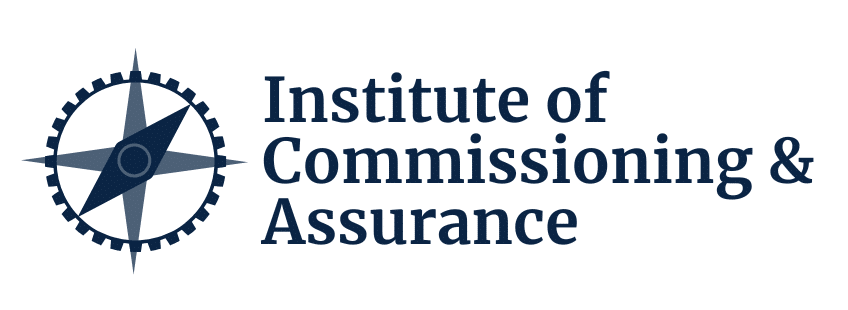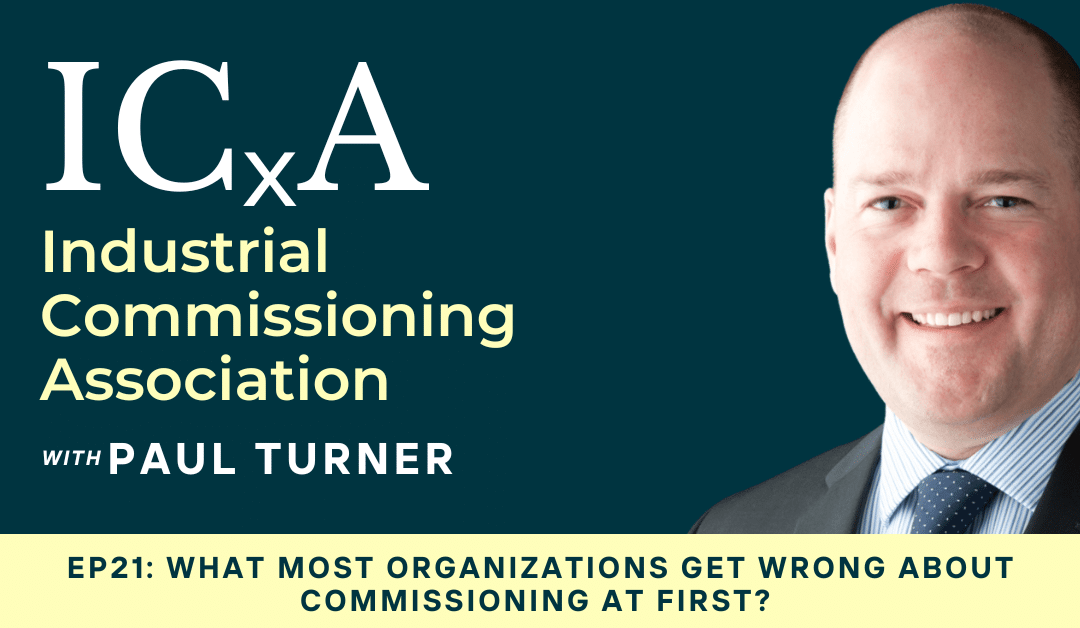There is one thing that most organizations get wrong about commissioning until they realize their mistake. If you want to avoid this common pitfall and overcome this obstacle, this article (or episode) is for you.
A lot of project teams begin their projects with a strong desire to cut costs. This is natural—everyone wants to save money and deliver projects as efficiently as possible. However, one of the first things that often gets cut is commissioning, particularly the costs associated with early commissioning involvement.
This happens because many organizations confuse testing with commissioning and lack an understanding of why commissioning professionals need to be involved early in the project lifecycle. Their involvement ensures that testing and final handover later in the project are successful.
Why Early Commissioning Matters
Confusion often arises because some smaller projects—or certain building commissioning projects—don’t necessarily require the same level of early commissioning involvement. However, industrial commissioning is a different process altogether. It requires significant upfront planning to ensure success later in the project.
When organizations start developing projects for the first time, they often make these mistakes. Unfortunately, they learn these lessons the hard way and end up revising their processes for their second or third project.
Common Pitfalls in Commissioning
- Optimism Bias
One common issue is optimism bias. Many organizations believe the challenges other projects have faced won’t apply to them. They think:
- “We’ll do better.”
- “These challenges won’t happen to us.”
- “We’ll overcome these issues on our own.”
Unfortunately, this mindset often leads to costly consequences. Organizations insist on learning these lessons the hard way, and their first project ends up:
- 30% over budget,
- Months (or even years) behind schedule.
By the time these lessons are learned, it’s often too late to recover the lost time and money. Don’t get stuck with optimism bias. Instead, learn from others’ mistakes and successes.
The Industrial Commissioning Association (ICA) offers resources like the ICA Global Commissioning Standard in its members’ area. These resources consolidate lessons learned and best practices to help you get it right the first time.
- Uniqueness Bias
Another common mistake is uniqueness bias—the belief that your project is a “special snowflake” and that best practices from other projects don’t apply to yours.
Unless you’re working on something like the James Webb Space Telescope, your project isn’t unique. Similar projects have been done before. Examples include:
- Wastewater treatment plants in nearly every city,
- Power substations around the world,
- Oil and gas projects,
- LNG facilities.
All of these projects have well-documented lessons learned. Failing to apply these lessons to your project is a costly mistake.
How to Avoid These Mistakes
The good news is that you don’t need to learn these lessons the hard way. The Industrial Commissioning Association provides free access to resources like the ICA Global Commissioning Standard in its members’ area. These resources capture best practices and lessons learned from a wide range of industries.
By accessing these materials, you can avoid:
- Cost overruns,
- Project delays,
- Repeating the same mistakes as others.
Instead, you can get it right the first time and set your project up for success from the very beginning.
By leveraging the right resources, you can overcome common pitfalls and deliver your project on time and within budget. Visit the ICA members’ area to get started.
See you in the next episode!


Recent Comments